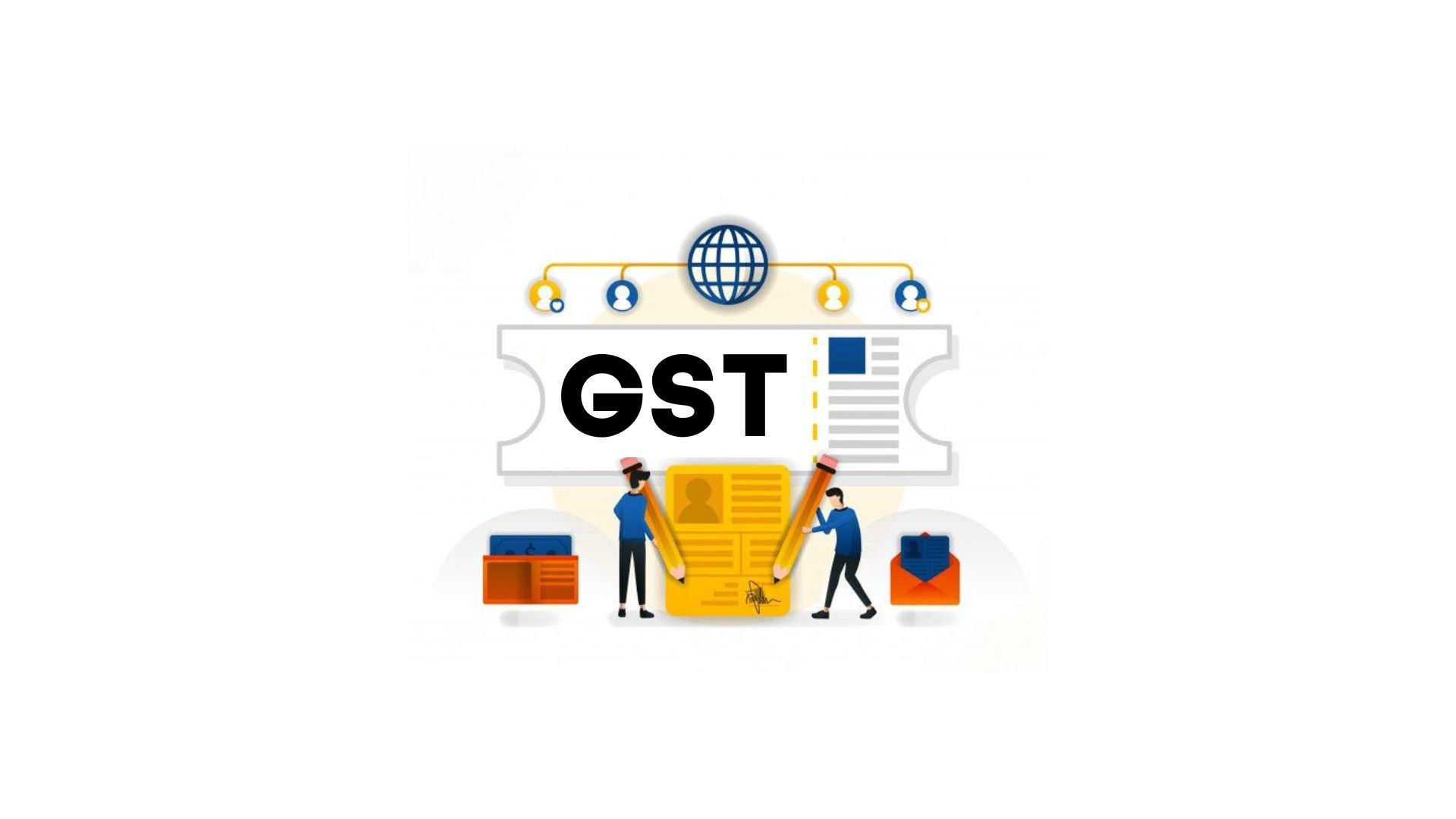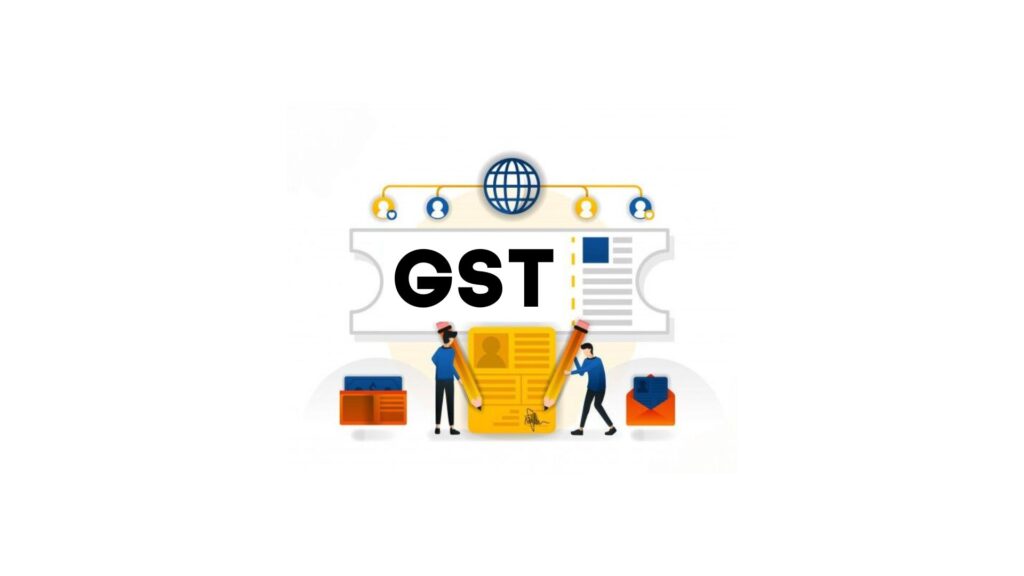
02 Jul 7 Years of GST: Impact on Household Goods and Taxpayers

The Goods and Services Tax (GST), which marked its 7th anniversary on Monday, has significantly impacted households by reducing taxes on essential items like household appliances and mobile phones, according to the finance ministry.
Implemented on July 1, 2017, GST replaced around 17 local taxes and cesses. The theme for the 7th GST Day is “Sashakt Vyapar Samagra Vikas” (empowered trade overall growth).
“Since GST implementation, reduced tax rates on household goods have brought happiness and relief to every home through lower GST on household appliances and mobile phones,” the ministry stated.
The number of GST taxpayers has increased from 1.05 crore in April 2018 to 1.46 crore in April 2024, demonstrating a significant rise in taxpayer base and improved compliance, as noted by Central Board of Indirect Taxes and Customs (CBIC) Chairman Sanjay Kumar Agarwal.
Highlighting the impact of GST on household expenditure, the ministry provided comparative data showing pre- and post-GST tax rates on essential items. Items like unpacked wheat, rice, curd, and lassi, which were taxed at 2.5-4% before GST, are now tax-exempt. Household goods such as cosmetics, wristwatches, sanitary plastic ware, doors, windows, furniture, and mattresses are now taxed at a reduced rate of 18%, down from 28% in the previous excise and VAT regime.
Similarly, mobile phones, TVs up to 32 inches, refrigerators, washing machines, electrical appliances (excluding air conditioners), geysers, and fans, which previously attracted taxes at 31.3%, are now under the 18% tax slab in the GST regime.
The ministry also highlighted initiatives to reduce compliance burdens for small taxpayers, including waiving off annual return filing requirements for those with aggregate annual turnover up to Rs 2 crore in fiscal 2023-24. The Quarterly Return Filing and Monthly Payment of Taxes (QRMP) scheme has streamlined tax filing for over 44 lakh small taxpayers, reducing the number of returns filed from 24 to 8 annually.
Despite these advancements, GST continues to face challenges with fake invoice generation and fraudulent registrations, impacting tax evasion efforts. In 2023 alone, the Directorate of GST Intelligence (DGGI) uncovered tax evasion exceeding Rs 1.98 lakh crore and apprehended 140 individuals involved in defrauding the government. Significant tax evasion was detected across sectors like online gaming, casinos, insurance, and manpower services.
The establishment of the GST appellate tribunal aims to enhance dispute resolution efficiency, although operationalization of the principal bench and state benches remains pending.
President of the Institute of Chartered Accountants of India (ICAI), Ranjeet Kumar Agarwal, emphasized ongoing efforts in capacity building, having trained over 6,800 officials across various government departments to foster a more efficient and transparent indirect tax regime.
Source: News18


No Comments